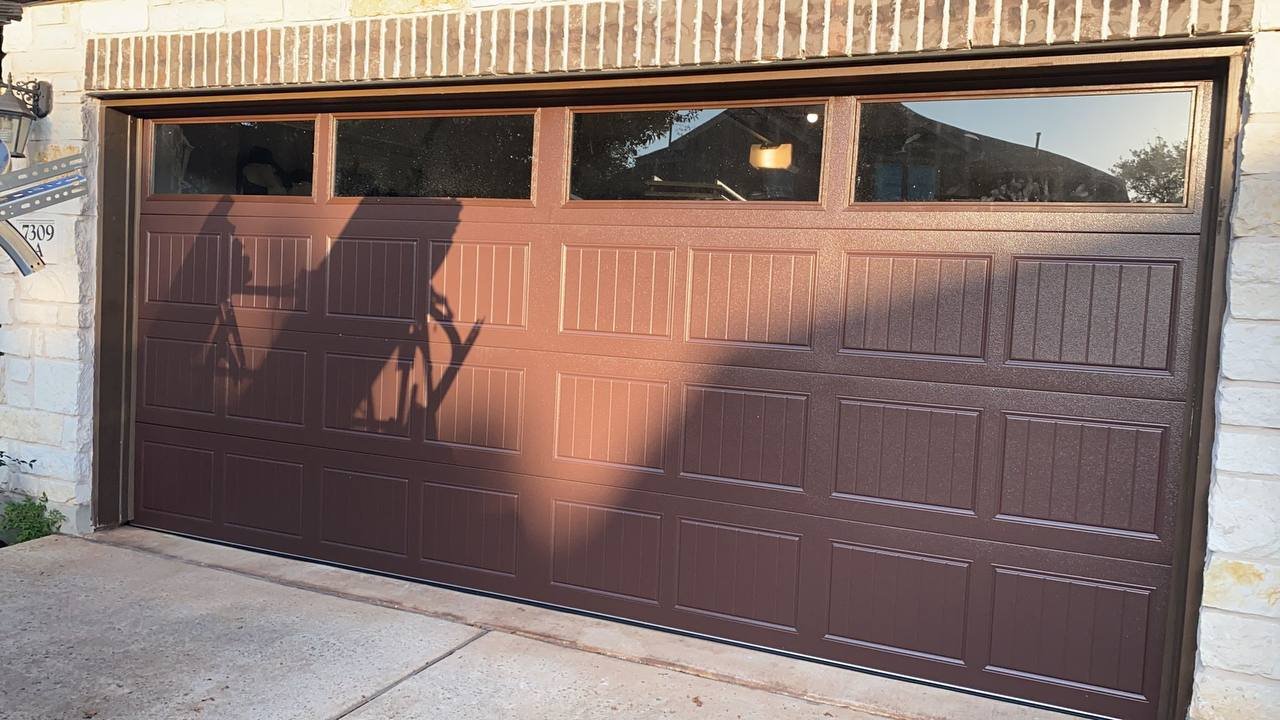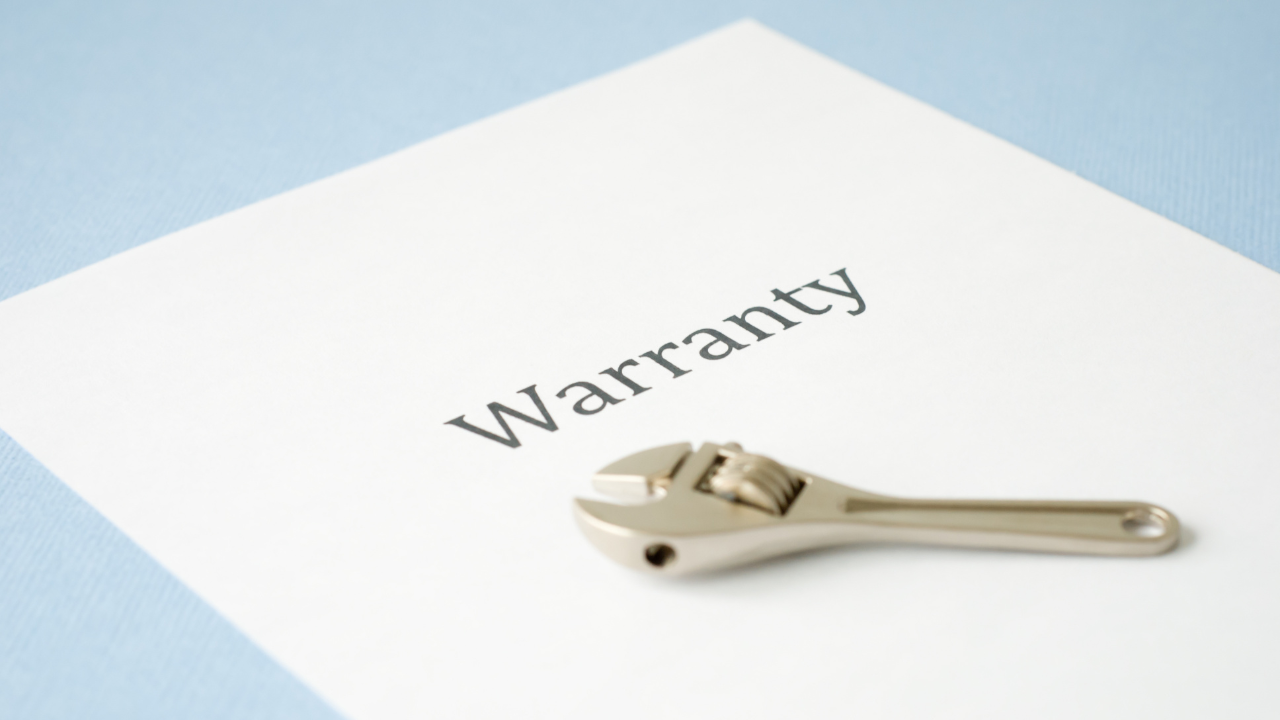When to Replace Parts for Garage Door Repair in Seattle
If you own a home in Seattle, WA, knowing when to replace parts can keep your garage operating safely and smoothly. Regular garage door repair prevents emergency breakdowns, protects vehicles, and avoids costly secondary damage. This guide focuses on common parts that fail, how to spot trouble, and when replacement is the smarter choice.
Quick signs you need part replacement
Many homeowners wait until a dramatic failure. In Seattle’s damp climate, corrosion and wear speed problems. Watch for these clear signs that a part should be replaced—not just repaired:
- Unusual grinding, squealing, or thudding when opening or closing — often a bad bearing, opener gear, or bent track.
- Door suddenly drops or closes too fast — indicates a broken spring or worn cable.
- Visible rust or deep pitting on torsion springs, rollers, or hinges in high-humidity areas.
- Opener remote or wall control fails intermittently, even with fresh batteries — electrical or logic board faults.
- Gaps along the bottom seal or warped panels after storms — weatherstripping and panels may need replacing.
Which parts commonly need replacement and why
Understanding the role of each component helps you decide whether to repair or replace. In most residential service jobs, replacing worn parts is faster and longer-lasting than repeated repairs.
1. Springs
Torsion and extension springs balance the door. A spring near the end of its cycle will make operations unsafe and inconsistent. Springs weaken over time — if one spring breaks or you notice uneven tension, replace the springs as a set. Trying to adjust old springs is risky and often only delays the inevitable need for replacement during garage door repair.
2. Cables and drums
Frayed cables or damaged drums compromise safety. If you see visible fraying or experience sudden slack, schedule replacement immediately. Cables should be replaced in tandem with springs or after any serious impact to the door.
3. Rollers, hinges, and tracks
Rollers and hinges wear out quietly. Nylon rollers can become brittle in cold weather or seize in wet conditions. Replacing worn rollers and bent tracks restores quiet operation and reduces motor strain — a common step in a thorough garage door repair.
4. Opener components
Openers include belts, chains, gears, and circuit boards. A grinding motor noise, intermittent remote response, or failure to reverse on obstacles usually means replacing the worn part or the entire opener. For older units, replacement often gives better safety features and quieter operation.
When to choose replacement over repair
Use these practical rules when considering a repair vs. replacement for your garage doors and parts:
- If a part has failed repeatedly in the last 12–24 months, replace it instead of patching it.
- For springs: replace both springs together, even if only one fails — imbalance shortens life of other components.
- When corrosion or rust compromises structural integrity, replacement is the safer, longer-term option.
- If the cost of parts plus labor exceeds 50% of a new comparable component or opener, replacement is usually the better investment.
Practical replacement timeline and maintenance tips
Seattle homeowners can extend component life with seasonal checks and simple maintenance. Here’s a realistic timeline:
- Every 6 months: Visual inspection, lubricate rollers, hinges, and springs (use products recommended for garage hardware).
- Every 3–5 years: Check springs for loss of tension and rollers for wear; consider professional inspection.
- Every 7–12 years: Consider full replacement of springs or opener depending on usage and model age.
Routine maintenance reduces the frequency of major garage door repair calls and keeps your residential service budget predictable.
Cost considerations and value factors
Costs vary by part, door size, and model. In Seattle, expect slightly higher labor rates than rural areas, but competitive residential service shops will provide clear estimates. When evaluating costs, ask about:
- Part brands and warranty length
- Labor warranty and post-installation checks
- Whether the technician will inspect related parts (other weak parts often fail after one replacement)
Request a written estimate and warranty details before any work. If you want to read homeowner tips or seasonal advice, visit our blog for local articles on maintenance and replacement planning.
Safety first: why professional replacement matters
Springs and cables store a lot of energy. DIY replacement risks serious injury and often voids warranties. Certified technicians provide safer, code-compliant service and can advise on permits or upgrades. For a fast quote or to schedule service, contact us directly — we’ll prioritize safety and explain options for your Seattle home.
Upgrades to consider when replacing parts
When you replace one part, think about upgrades that add comfort, security, and long-term value:
- Quiet nylon rollers or sealed bearings for smoother, quieter operation in attached garages.
- Higher-cycle springs for households with heavy daily use.
- Smart openers with battery backup for power outages common during regional storms.
Learn about available options and pricing for upgrades as part of your scheduled maintenance or when arranging services.
Wrapping up: a simple decision framework
Decide on replacement by combining three factors: safety risk, recurring failure, and cost-benefit vs. a new part. If a component shows structural damage, repeated problems, or significantly reduces door performance, replacement is typically the best route. Proper, timely garage door repair keeps your system reliable and your Seattle home secure.
Need help now? For quick, local assistance with parts replacement, call our Seattle team to discuss options and scheduling.
Frequently Asked Questions
Q: How does Seattle weather affect when parts must be replaced?
A: Seattle’s humidity and coastal salt exposure accelerate corrosion on springs, rollers, and tracks. Inspect parts twice a year and replace rusty or pitted springs and rollers proactively to avoid sudden failure during wet seasons.
Q: How long does a typical part replacement take for residential service?
A: Most single-part replacements — rollers, hinges, or weatherstripping — take 45–90 minutes. Spring or opener replacements usually take 1.5–3 hours depending on door size and complexity.
Q: What price range should Seattle homeowners expect for common replacements?
A: Prices vary by part and brand. Expect rollers or weatherseal replacement to be in the low hundreds, springs and cables in the mid-to-high hundreds, and opener replacement from several hundred to over a thousand for smart or high-lift models. Ask for a written estimate.
Q: Do I need a permit to replace a garage door or major components in Seattle?
A: Most part replacements do not require a permit. Full door replacements or structural changes may require permits. Our technicians can advise if your project needs a permit for Seattle, WA.
Q: What warranties should I expect on replaced parts in Seattle?
A: Warranties vary by manufacturer and installer. Typical manufacturer warranties run 1–5 years on components; many installers offer a labor warranty for 90 days to 1 year. Always get warranty details in writing before service.
Helpful local resources in Seattle, WA
- Garage Door Repair Seattle
- Garage Door Repair Bellevue
- Garage Door Repair Redmond
- Garage Door Repair Kirkland
- Garage Door Repair Mercer Island
- Garage Door Repair Edmonds
- Garage Door Repair Issaquah
- Garage Door Repair Tacoma
- Garage Door Repair Everett
- Garage Door Repair Bothell
- Garage Door Repair Sammamish
- Garage Door Repair Renton
- Garage Door Repair Lynnwood
- Garage Door Repair Woodinville
- Garage Door Repair University Place
- Garage Door Repair Gig Harbor
- Garage Door Repair Lakewood
- Garage Door Repair Puyallup
- Garage Door Repair Mukilteo
- Garage Door Repair Vancouver
- Garage Door Repair Kenmore
- Garage Door Repair Burien
- Garage Door Repair Auburn
- Garage Door Repair South Hill
- Garage Door Repair Yarrow Point
- Garage Door Repair Clyde Hill
- Garage Door Repair Port Townsend
- Garage Door Repair Duvall
- Garage Door Repair Snoqualmie



